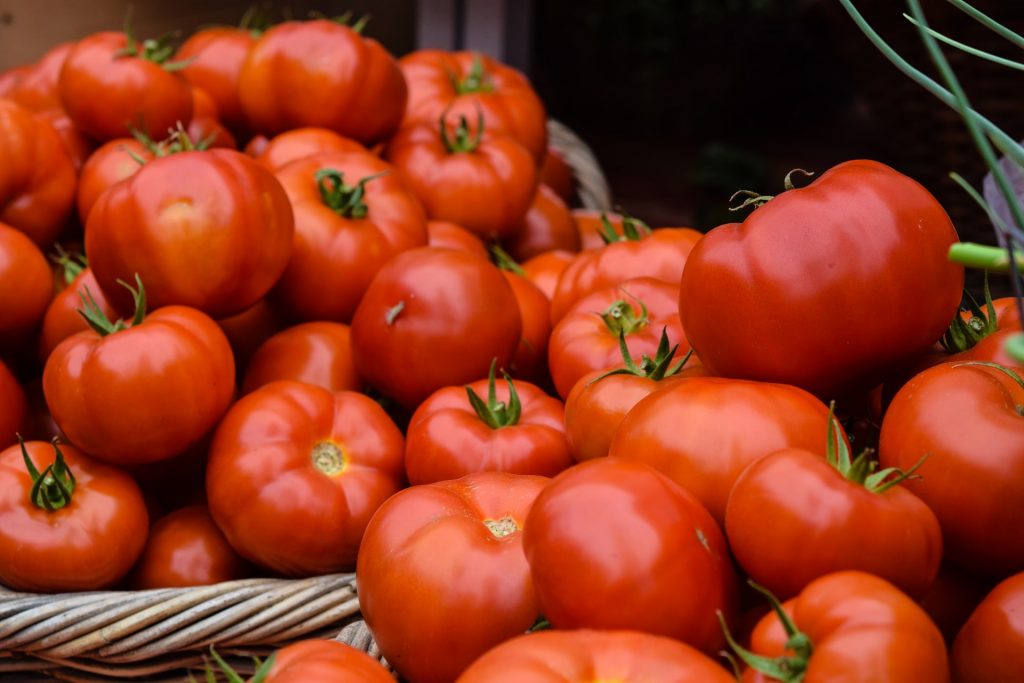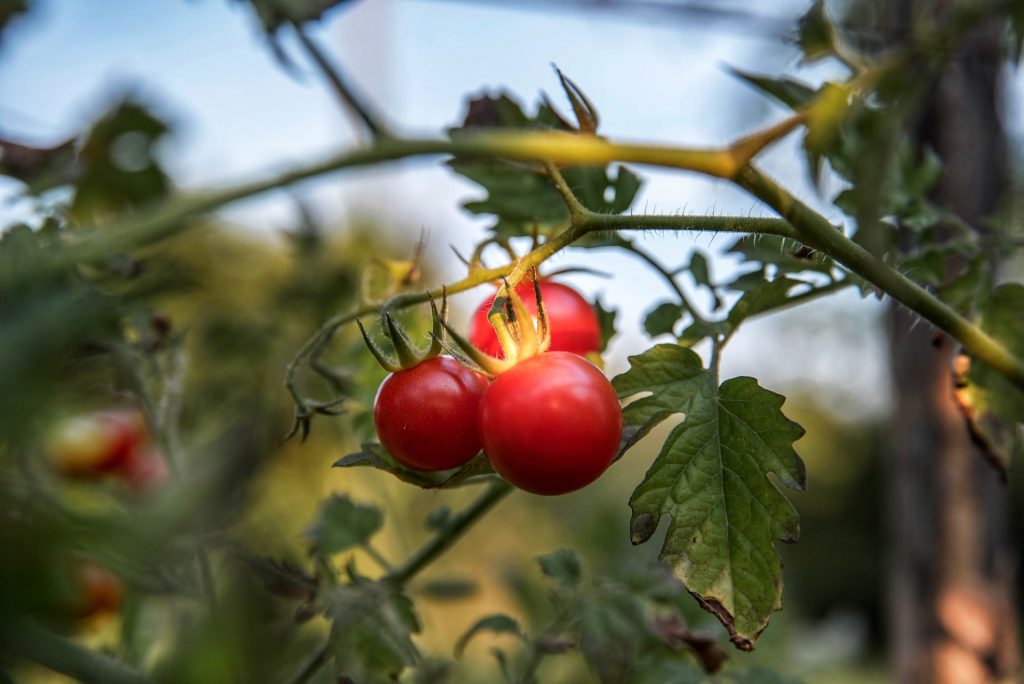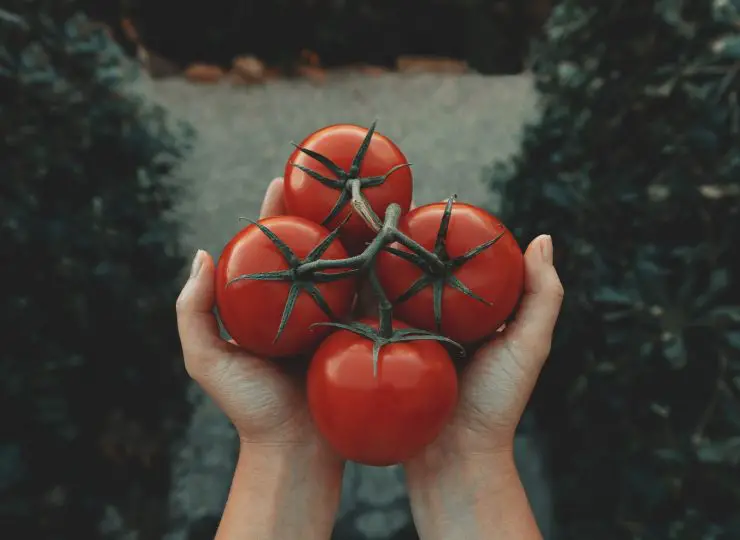Before we delve into stating the differences between determinate and indeterminate tomatoes, first we should know what determinate and indeterminate tomatoes are.
In simple terms, determinate tomatoes are tomato species that grow only to a specific size. On the other hand, indeterminate tomatoes grow throughout the growing season. They flower and set fruits until cool weather signals the end of the growing season.
Because they grow steadily, they are often grown on stakes or in cages to keep them from sprawling across the garden and to keep the fruit off the ground. The difference between determinate and indeterminate ultimately boils down to the length of harvest and the time of harvest. Determinates produce fruit first, usually in a two- to three-week period, while indeterminate varieties will produce fruit after a longer period.
Contents
Here’s how to tell determinate from indeterminate tomatoes
First, look at the formations on your plants.
If the branches are long with sparse foliage, they are likely to be indeterminate tomatoes. A bushy plant is determinate because it forms flowers at the terminal end of the branch, which signals the stem to stop growing. You will need to stake an indeterminate plant or it will fall over when it bears fruit. Determinate plants rarely require staking.

Look for suckers at the bottom of your tomato plant and the crotch of a leafy stem.
These small growths will increase density in the tomato plant’s crown but will not flower and fruit. They need to be pruned out, and they only happen on indeterminate plants. If they are left to grow, the plant may have mildew problems due to lack of air circulation, problems with fruit ripening because sunlight is not penetrating, and the suckers draw energy that would be better used on the fruit.
Observe the height of the tomato plant.
Determinate tomatoes are usually only 2 to 3 feet tall. Indeterminate plants can grow up to 6 feet and have so many elongated branches. The determinate plants are usually referred to as compact and have smaller fruit than the indeterminate species. In most cases, some of the newer varieties of tomatoes are determinate, while the older ones and many heirlooms are indeterminate.
Check the flowers and fruit produced in different stages.
Determinate plants flower almost at once and set fruit that will be the one crop on the plant and ripen simultaneously. Then the plant yellows and is finished. The indeterminate plant will have buds and flowers pollinated all at once, and the cycle will continue all season long.

Are Roma tomatoes determinate or indeterminate?
As we mentioned earlier, determinate tomatoes grow only to a specific size, flower, and set fruit. With this in mind, let’s find out if Roma tomatoes are determinate or indeterminate.
Roma tomatoes are determinate because their fruits ripen at one time rather than frequently through the season. This makes harvesting a lot easier, especially if you planted them on a large scale.
Are beefsteak tomatoes determinate or indeterminate? Beefsteak tomatoes are indeterminate.
Are grape tomatoes determinate or indeterminate? Grape tomatoes are determinate.
Are cherry tomatoes determinate or indeterminate? Cherry tomatoes are determinate.
Are San Marzano tomatoes determinate or indeterminate? San Marzano tomatoes are indeterminate.
- How to Get Potatoes to Sprout Eyes: Detailed Growing Guide with 3 Options - July 31, 2023
- Weight of a Medium Potato: Revealed in Detailed Guide - July 29, 2023
- Maris Piper Potatoes: 9 Substitutes You Should Know About - July 27, 2023
Hello! I’m Jessica Zander, a garden coach and consultant based in the Boston area (zone 6b), offering virtual consultations across the country and Canada.
I’ve been passionate about gardening since the early 1990s, and in 2022, I launched You Can Do It Gardening to empower individuals to feel more confident in their gardening endeavors.
Following a 30-year career in nonprofit finance and operations, I transitioned out of that field in mid-June of 2023 due to the growing demand for coaching services. Interestingly, my years of presenting financial statements to boards and finance committees proved to be valuable experience for teaching people about gardening! I enjoy sharing skills, providing guidance and suggestions, and collaborating efficiently with clients to make significant improvements to their outdoor spaces, both small and large. I also regularly teach at the Arlington Continuing Education and Cambridge Adult Education.
My approach is direct and practical, akin to Mary Poppins, but tailored to your garden. Clients find satisfaction in saving money and taking pride in their own gardening achievements.


Add comment